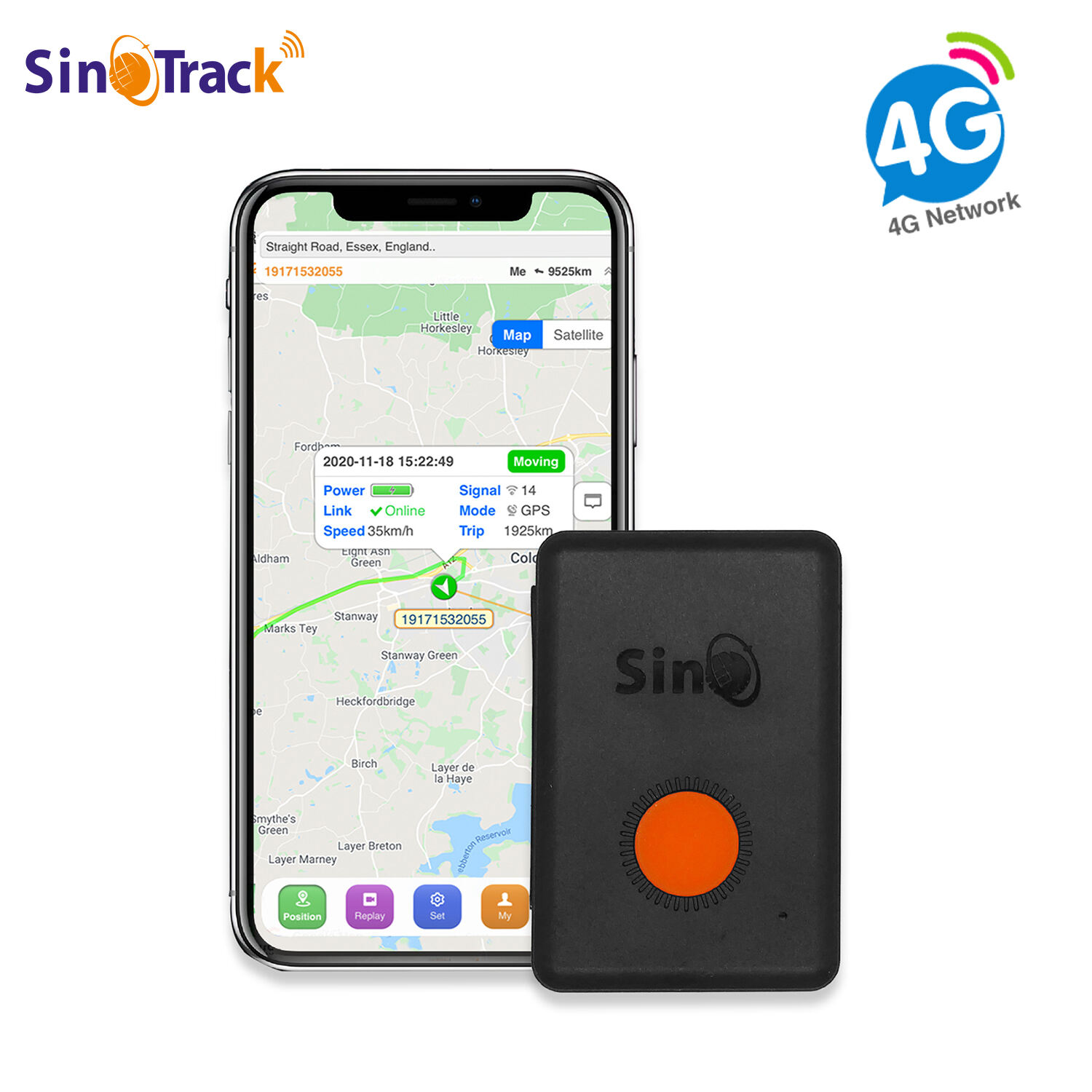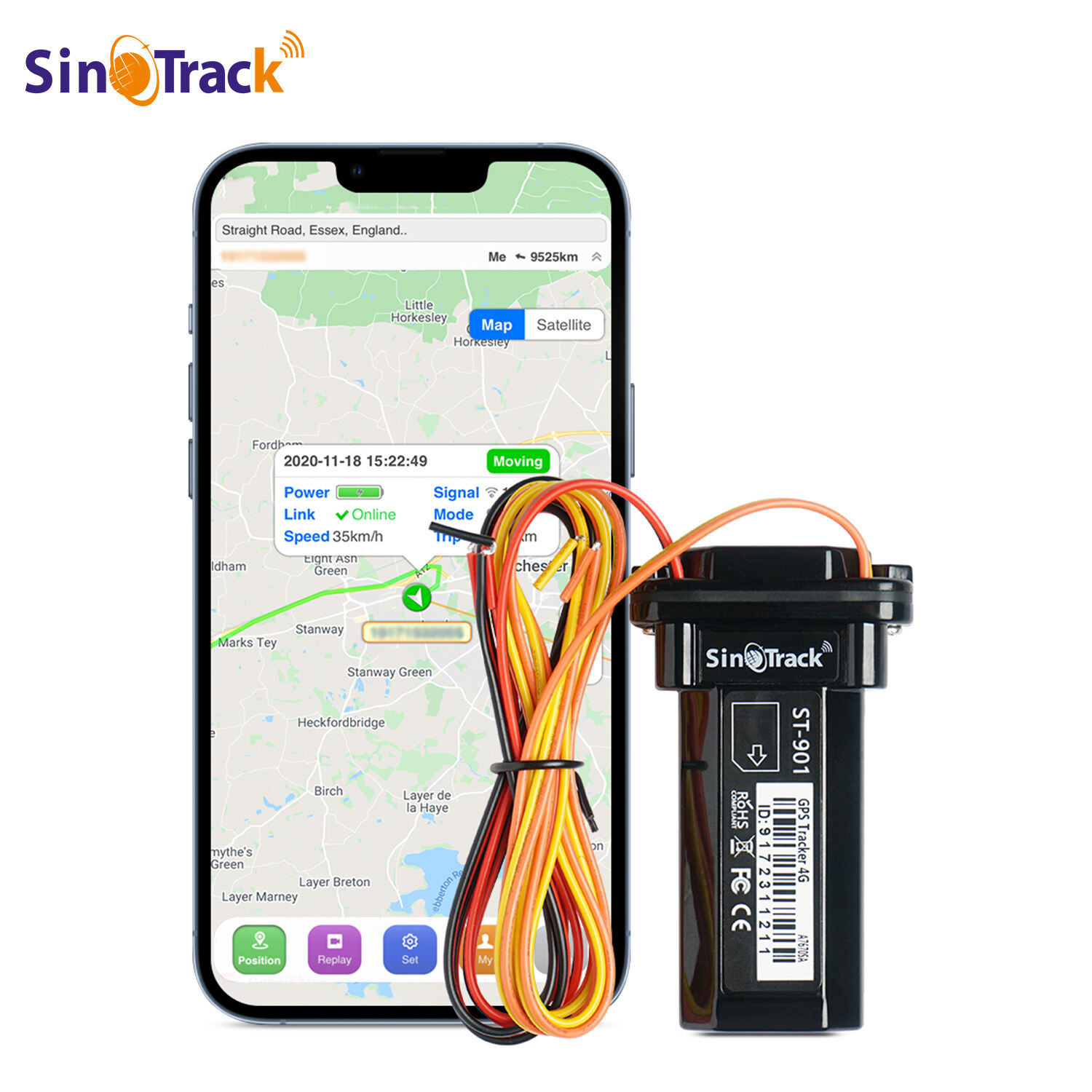Car GPS Tracker Data: What It Reveals About Your Driving
A car GPS tracker is more than just a tool to find a stolen vehicle. It collects a wealth of data every time you drive, painting a detailed picture of your habits behind the wheel. From how fast you go to when you brake, this information reveals patterns you might not even notice yourself. Whether you’re a parent monitoring a teen driver, a fleet manager tracking company vehicles, or simply curious about your own behavior, understanding what car GPS tracker data shows can help improve safety, save money, and even make you a better driver. Let’s break down the key insights hidden in that data.
1. Speed Patterns: How Fast You Really Drive
One of the most basic yet revealing pieces of data from a car GPS tracker is your speed. It logs not just your current speed but also how often you exceed limits, how quickly you accelerate, and how fast you go on different roads.
- Speeding incidents: The tracker records every time you go over the speed limit, noting the location (e.g., a residential street or highway) and how much over the limit you were. For example, it might show you regularly hit 45 mph in a 30 mph zone near a school, a risky habit you hadn’t realized.
- Acceleration rates: Rapid acceleration (spiking from 0 to 60 mph in under 6 seconds) is hard on your car and uses more fuel. A car GPS tracker flags these moments, showing if you’re prone to “jackrabbit starts” at stoplights.
- Consistency: Do you slow down in bad weather, or keep the same speed? The data compares your speed in rain or fog to clear conditions, revealing whether you adjust for safety.
This information is eye-opening. Many drivers think they “rarely speed,” but the tracker might show daily speeding on familiar roads, where you’re less focused on limits.
2. Braking Habits: Are You Hard on the Brakes?
Braking data from a car GPS tracker highlights how smoothly (or harshly) you stop, a key indicator of driving safety and vehicle health.
- Hard braking events: A car GPS tracker logs sudden stops (e.g., dropping from 50 mph to 0 in 2 seconds), often caused by tailgating, distraction, or poor planning. These events wear down brake pads faster and increase the risk of rear-end collisions.
- Brake frequency: It shows how often you hit the brakes on a typical route. Frequent braking on highways, for example, might mean you’re following too closely to the car ahead.
- Coasting vs. braking: Good drivers coast to a stop (taking their foot off the gas early) to save fuel and reduce brake wear. The tracker compares coasting time to braking time, revealing if you rely too much on brakes.
For parents, this data can be critical: a teen driver with frequent hard braking might need more training. For fleet managers, it helps identify drivers costing extra in brake repairs.
3. Route and Location Data: Where and When You Drive
A car GPS tracker logs every street, highway, and parking spot you visit, along with timestamps. This reveals habits about your daily routes and schedule.
- Frequent locations: It shows where you spend the most time—work, home, the grocery store, or a gym. For example, it might highlight that you drive 5 miles to a coffee shop when there’s one 1 mile away, wasting fuel.
- Time of day: Data on morning and evening commutes can show if you drive during peak traffic (increasing stress and fuel use) or off-peak hours. It might suggest adjusting your schedule to avoid jams.
- Detours and shortcuts: The tracker notes if you take longer routes, perhaps due to traffic or preference. Over time, this can add up to extra miles—costing more in gas and wear on the car.
For businesses, this data helps optimize fleet routes: a delivery driver taking unnecessary detours might need route training, cutting fuel costs.

4. Idling Time: Wasting Fuel Without Moving
Idling—leaving the car running while parked—wastes fuel, pollutes, and wears out the engine. A car GPS tracker counts every minute you idle, revealing hidden inefficiencies.
- Total daily idling: It adds up time spent idling, whether waiting for a friend, sitting in a drive-thru, or warming up the car in winter. Many drivers are shocked to find they idle 30+ minutes daily—wasting 1–2 gallons of gas.
- Idling hotspots: The tracker notes where you idle most, like a school pickup line or a busy drive-thru. This can help you adjust habits, such as parking and walking into a restaurant instead of waiting in line.
- Cold vs. warm idling: Warming up a modern car for more than 30 seconds in winter is unnecessary, but many drivers do it. The data shows if you’re over-idling in cold weather.
Reducing idling by just 10 minutes a day can save $100+ a year in fuel costs—something the tracker’s data makes easy to achieve.
5. Vehicle Health Indicators: How Driving Affects Your Car
Some advanced car GPS trackers connect to a vehicle’s OBD-II port, combining location data with engine metrics. This reveals how your driving harms or helps your car.
- Engine load: Aggressive acceleration increases engine load, causing more wear. The tracker shows when you push the engine too hard, like accelerating uphill at high speeds.
- Fuel efficiency: By linking speed, acceleration, and idling data, the tracker calculates real-time MPG (miles per gallon). It shows how your habits—like speeding or hard braking—lower fuel efficiency.
- Maintenance alerts: Some trackers detect issues like sudden drops in fuel efficiency, which might signal a need for an oil change or tire rotation. This turns driving data into actionable car care tips.
For example, the data might show your MPG drops by 5 when you drive over 70 mph, giving you a clear incentive to slow down.
6. Safety Trends: Risky Behavior Over Time
When combined over weeks or months, car GPS tracker data uncovers patterns that hint at overall driving safety.
- Distraction signs: Frequent sudden lane changes, erratic speed, or late braking on straight roads can indicate phone use or inattention.
- Time-based risks: Do you drive more aggressively at night, or after work when tired? The data compares your behavior at different times, highlighting high-risk periods.
- Improvement (or decline): Tracking over time shows if you’re getting better—fewer hard brakes, less speeding—or slipping into bad habits. This makes it easy to set goals, like reducing speeding incidents by 50% in a month.
FAQ
Can a car GPS tracker tell if I use my phone while driving?
It can’t directly detect phone use, but data like sudden swerves, late braking, or erratic speed often signals distraction—including phone use.
Does car GPS tracker data affect insurance rates?
Some insurance companies offer discounts for drivers who share tracker data showing safe habits (few speeding or hard braking events).
How accurate is the speed data from a car GPS tracker?
Very accurate—most trackers use GPS to measure speed within 1–2 mph, matching or beating a car’s speedometer.
Can I delete data from a car GPS tracker?
It depends on the device. Personal trackers let you delete data, but fleet or parental trackers often save data to prevent tampering.
Does a car GPS tracker drain my car’s battery?
No, most draw very little power (like a phone charger). They’re designed to work without affecting the battery, even when the car is off.
What’s the best way to use car GPS tracker data to improve driving?
Review weekly reports to spot patterns (e.g., “I speed on Main Street”). Set small goals, like slowing down there, and track progress.
Can employers use car GPS tracker data to discipline drivers?
Yes, if the tracker is in a company vehicle. Employers often use data to address unsafe habits or unauthorized use of vehicles.
Table of Contents
- Car GPS Tracker Data: What It Reveals About Your Driving
- 1. Speed Patterns: How Fast You Really Drive
- 2. Braking Habits: Are You Hard on the Brakes?
- 3. Route and Location Data: Where and When You Drive
- 4. Idling Time: Wasting Fuel Without Moving
- 5. Vehicle Health Indicators: How Driving Affects Your Car
- 6. Safety Trends: Risky Behavior Over Time
-
FAQ
- Can a car GPS tracker tell if I use my phone while driving?
- Does car GPS tracker data affect insurance rates?
- How accurate is the speed data from a car GPS tracker?
- Can I delete data from a car GPS tracker?
- Does a car GPS tracker drain my car’s battery?
- What’s the best way to use car GPS tracker data to improve driving?
- Can employers use car GPS tracker data to discipline drivers?

